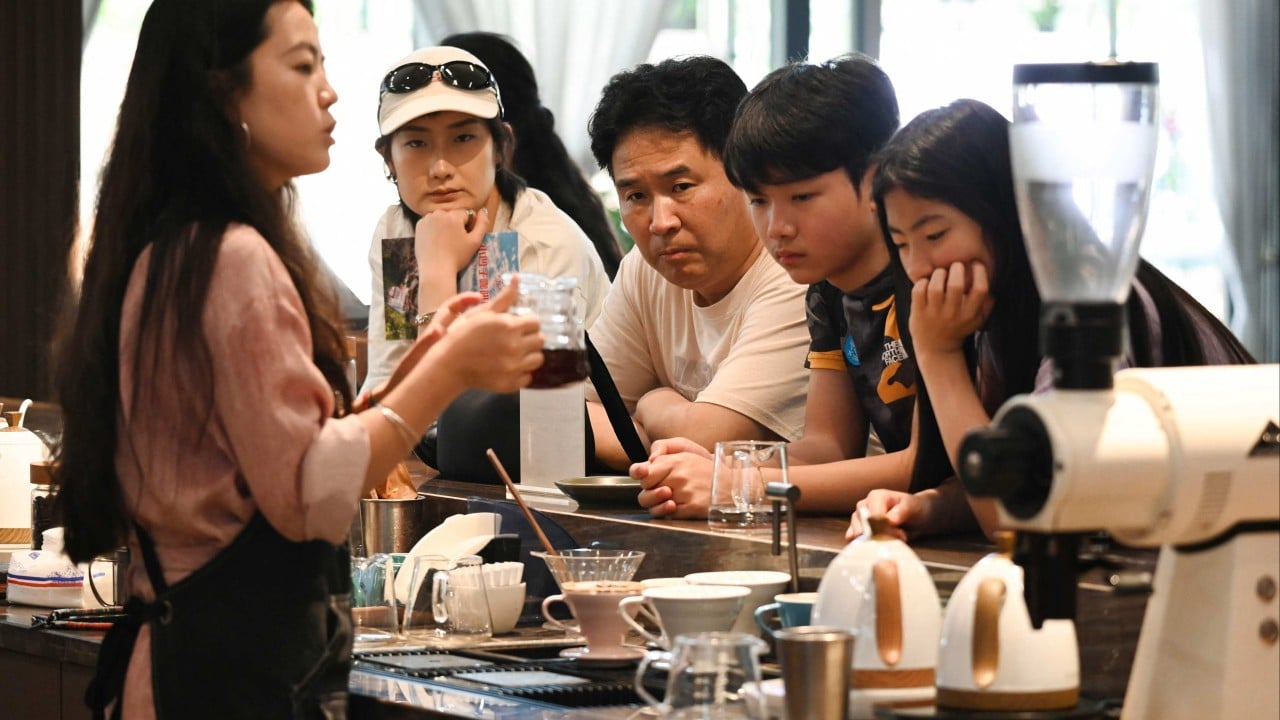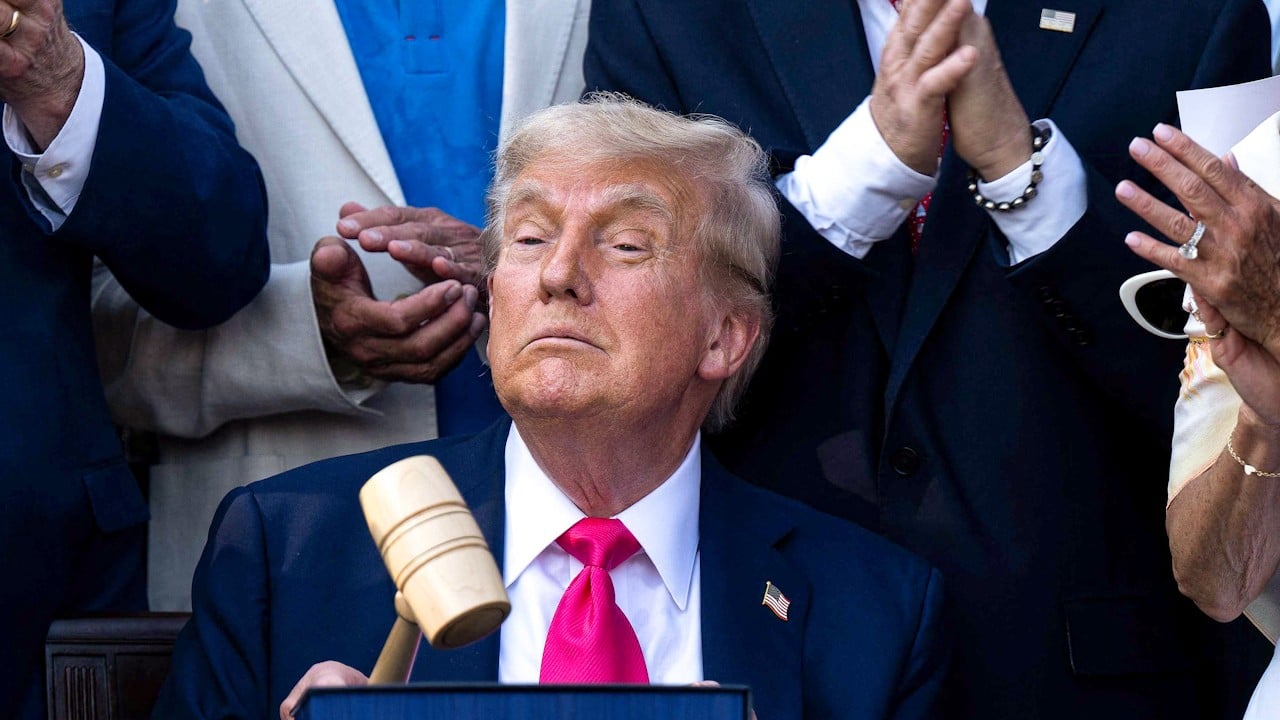China is reaching out to Africa’s top coffee-producing nations as part of a broader strategy to secure new supply chains overseas.
Advertisement
Observers say the shift – which coincides with Brazil seeking new buyers in China because of a new 50 per cent US tariff on Brazilian coffee – is driven by China’s strong domestic demand.
The scale of this push is clear: last week, Beijing authorised 183 new Brazilian coffee companies to export to China. This is in addition to a US$2.5 billion deal signed in November between China’s largest coffee chain, Luckin Coffee, and a Brazilian export agency which would supply 240,000 tonnes of beans between 2025 and 2029.
Meanwhile, Chinese buyers are also turning to Africa, thanks in part to Beijing’s new zero-tariff policy on products from 53 African nations, which has made African coffee more competitive in the Chinese market. For countries such as Ethiopia, the birthplace of Arabica coffee, and Uganda – known for fruity Arabica and bold Robusta – this offers a golden opportunity to access the massive Chinese market.
Sub-Saharan Africa geoeconomic analyst Aly-Khan Satchu said the strategy was a move to “lock in supply”, leveraging US tariff uncertainty and a “super spike in coffee demand in China”.
“China appears to be leveraging US tariff-related uncertainty and volatility to lock in supply, a strategy that it has utilised to great effect across other verticals,” Satchu said.
Advertisement
Among Chinese companies spearheading the push is Cotti Coffee, a rapidly expanding Chinese brand founded by former Luckin Coffee executives. In June, it started with the signing of an agreement by Rwanda’s agriculture ministry to invest in a new coffee industry development park.
Cotti, which operates more than 14,000 shops, has also signed deals in Ethiopia and Uganda. Its executive vice-president expressed interest in procuring 5,000 tonnes of Ugandan Arabica beans a year and discussed plans for local processing factories.


